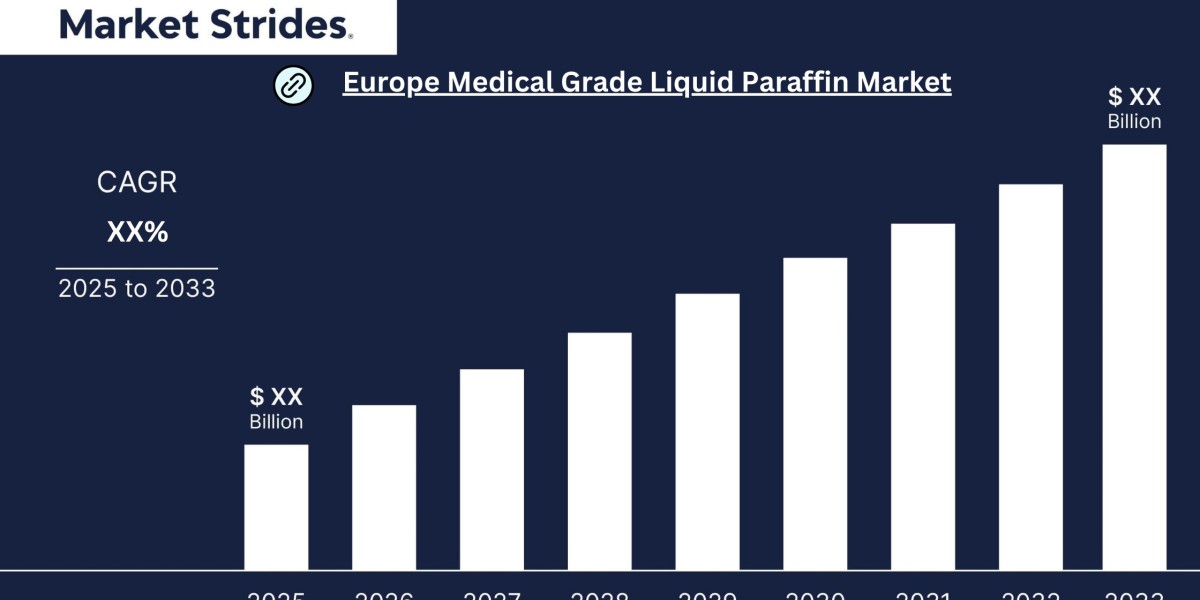In today’s healthcare landscape, maintaining the privacy of patient information is more critical than ever. The Health Insurance Portability and Accountability Act (HIPAA) mandates healthcare organizations to implement measures that protect sensitive data, such as Protected Health Information (PHI). Regular HIPAA privacy assessments are a cornerstone of these efforts, enabling organizations to evaluate their compliance and identify areas for improvement. Beyond regulatory requirements, these assessments significantly influence patient trust and the quality of care.
Safeguarding Patient Confidentiality
Patient confidentiality is a foundational principle of healthcare. HIPAA privacy assessments ensure that organizations have adequate policies, procedures, and safeguards to protect PHI. These assessments identify vulnerabilities in data storage, access controls, and information sharing processes. By addressing these issues, healthcare organizations can create an environment where patient information remains secure.
When patients feel confident that their data is protected, they are more likely to share sensitive information with their providers. This openness enables healthcare professionals to deliver accurate diagnoses and personalized treatment plans, ultimately improving patient outcomes.
Enhancing Organizational Transparency
Transparency is a key factor in building trust between healthcare providers and patients. HIPAA privacy assessments demonstrate an organization’s commitment to compliance and accountability. By conducting regular evaluations and addressing identified risks, healthcare providers show that they prioritize patient privacy.
Moreover, these assessments often uncover gaps in communication about privacy policies and patient rights. By enhancing transparency through clear communication, organizations can empower patients to make informed decisions about their care and data sharing preferences. This level of trust fosters stronger patient-provider relationships.
Reducing the Risk of Data Breaches
Data breaches can have devastating consequences for both patients and healthcare organizations. For patients, a breach of PHI can lead to identity theft, financial fraud, and emotional distress. For providers, the fallout includes legal penalties, reputational damage, and loss of patient trust.
HIPAA privacy assessments play a proactive role in mitigating these risks. By identifying vulnerabilities and implementing corrective actions, healthcare organizations can reduce the likelihood of data breaches. This proactive approach not only protects patient information but also reassures patients that their providers are taking necessary steps to secure their data.
Strengthening Patient Trust
Trust is at the heart of the patient-provider relationship. Patients need to feel confident that their healthcare providers are acting in their best interests, including safeguarding their personal information. HIPAA privacy assessments reinforce this trust by ensuring that data protection measures are in place and consistently updated to address evolving threats.
When patients trust their providers, they are more likely to engage fully in their care. This trust enables open communication, greater adherence to treatment plans, and a willingness to seek care when needed. In this way, privacy assessments contribute to both patient satisfaction and improved health outcomes.
Improving Quality of Care
The connection between data privacy and quality of care may not be immediately obvious, but it is undeniable. HIPAA privacy assessments ensure that healthcare organizations maintain secure and efficient systems for managing patient information. These systems enable providers to access accurate, up-to-date records, which are essential for delivering timely and effective care.
Furthermore, the confidence that comes from knowing their data is protected allows patients to focus on their health without fear of privacy violations. This peace of mind enhances the overall patient experience, making care more patient-centered and effective.
Conclusion
HIPAA privacy assessments are more than a regulatory requirement—they are a vital tool for building patient trust and enhancing the quality of care. By safeguarding patient confidentiality, reducing the risk of data breaches, and fostering transparency, these assessments create a secure environment where patients feel valued and protected. For healthcare organizations, investing in regular privacy assessments is not just about compliance; it is about demonstrating a commitment to excellence in patient care and trustworthiness. In a world where data privacy is increasingly under threat, these assessments are essential for ensuring the long-term success of healthcare providers and the well-being of their patients.



